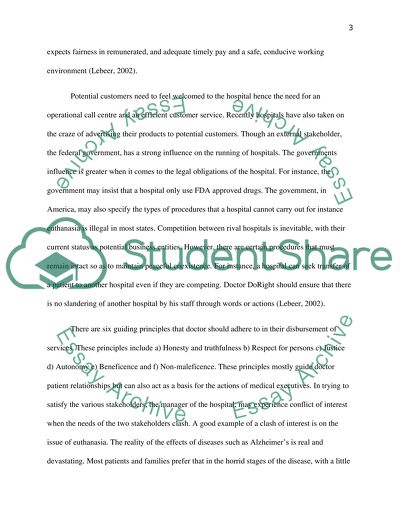Cite this document
(“Corporate Governance and Ethical Responsibility Essay”, n.d.)
Corporate Governance and Ethical Responsibility Essay. Retrieved from https://studentshare.org/law/1453328-corporate-governance-and-ethical-responsibility
Corporate Governance and Ethical Responsibility Essay. Retrieved from https://studentshare.org/law/1453328-corporate-governance-and-ethical-responsibility
(Corporate Governance and Ethical Responsibility Essay)
Corporate Governance and Ethical Responsibility Essay. https://studentshare.org/law/1453328-corporate-governance-and-ethical-responsibility.
Corporate Governance and Ethical Responsibility Essay. https://studentshare.org/law/1453328-corporate-governance-and-ethical-responsibility.
“Corporate Governance and Ethical Responsibility Essay”, n.d. https://studentshare.org/law/1453328-corporate-governance-and-ethical-responsibility.


